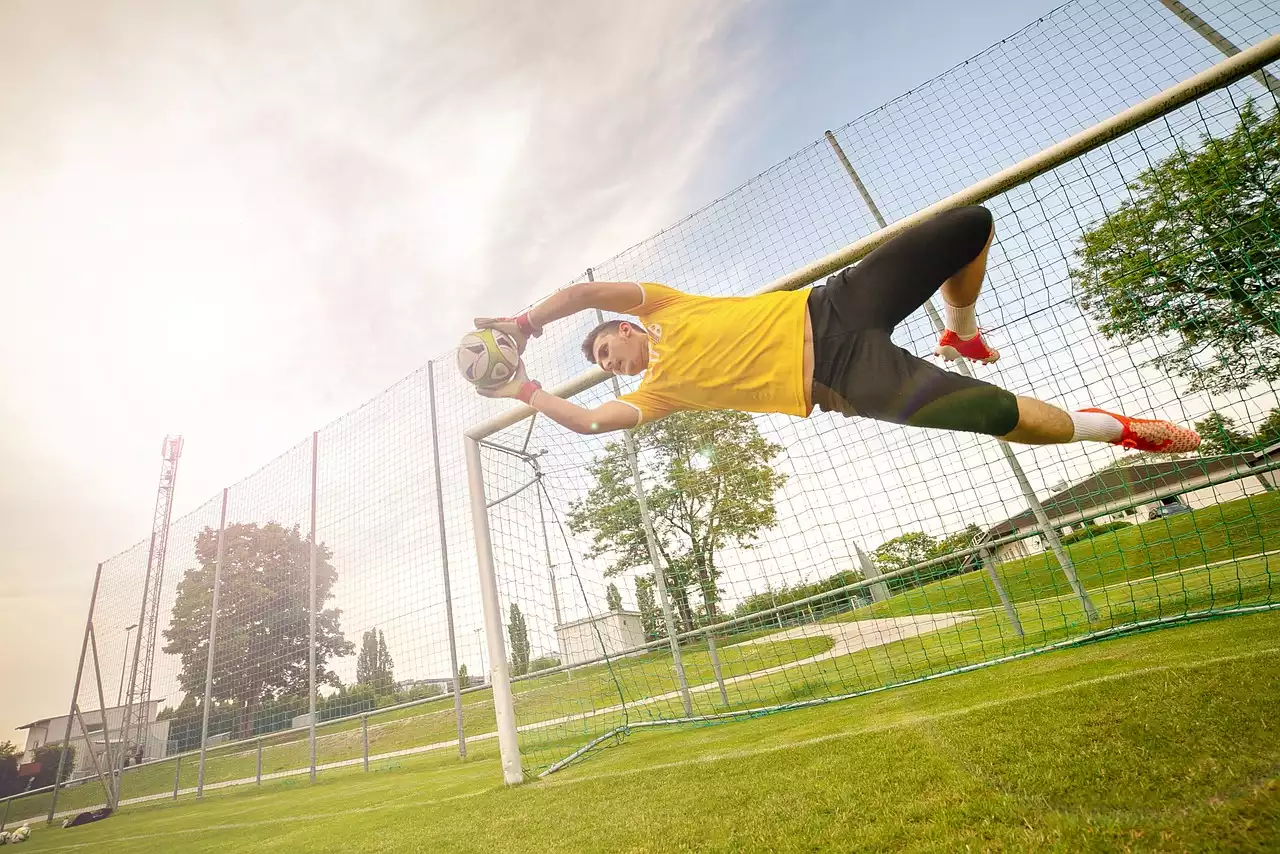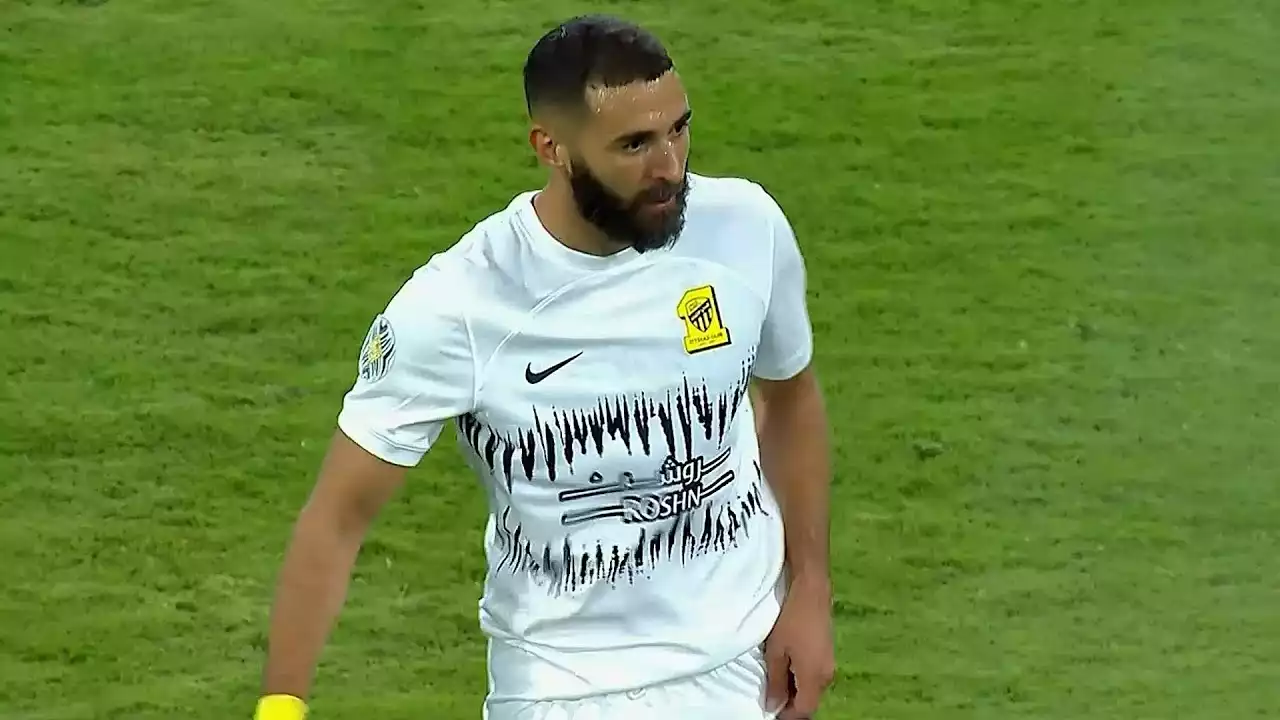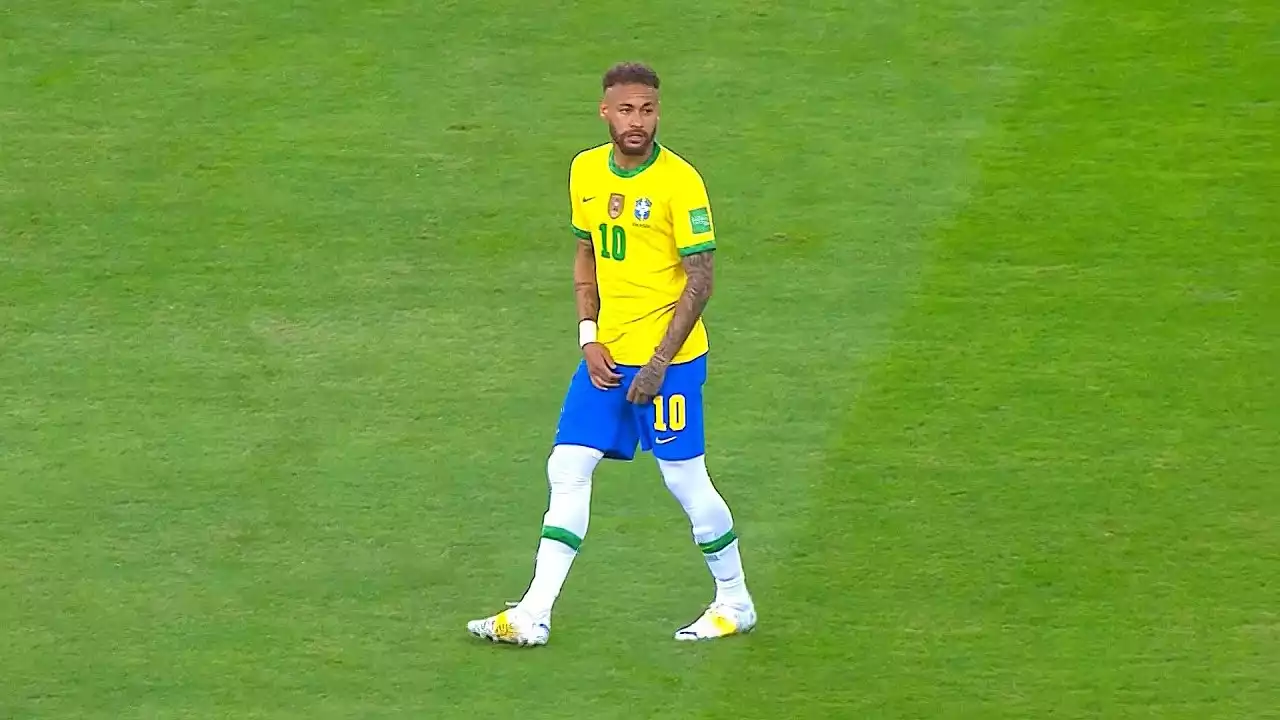The Role of Veterans in Olympic Men's Football Teams
In the fast-paced and highly competitive world of Olympic men's football, the role of veterans cannot be underestimated. These seasoned players bring a wealth of experience and knowledge to the field, influencing the outcome of the game in more ways than one. With their years of practice and dedication, they possess a deep understanding of the game that goes beyond physical prowess.
Veterans often serve as the backbone of a team, providing leadership and guidance to their younger counterparts. Their ability to make critical tactical decisions in high-pressure situations can be the difference between victory and defeat. Through their extensive experience, veterans possess a unique ability to anticipate the moves of their opponents, enabling them to strategically position themselves and their teammates for success.
Examples of Successful Veterans in Olympic Men's Football History
Throughout the history of Olympic men's football, there have been numerous examples of veterans who have left an indelible mark on the sport. One such iconic figure is Ryan Giggs, who represented Great Britain in the 2012 London Olympics at the age of 38. Despite his age, Giggs showcased his exceptional skills and leadership, helping his team reach the quarter-finals.
Another notable veteran is Javier Mascherano, who played for Argentina in the 2008 Beijing Olympics. Mascherano's experience and defensive prowess proved crucial in Argentina's gold medal-winning campaign. His ability to read the game and provide stability to the team's defense made him an invaluable asset.
These examples highlight the immense impact veterans can have on their teams in Olympic men's football. Their experience and ability to perform at the highest level even in their later years make them an integral part of any successful squad.
Challenges Faced by Veterans in Olympic Men's Football
While veterans bring a wealth of experience and knowledge to the game, they also face unique challenges in Olympic men's football. One of the primary challenges is maintaining peak physical condition as they age. The demanding nature of the sport requires athletes to be at the top of their game physically, and the aging process can present obstacles in terms of fitness and recovery.
Additionally, veterans may face increased competition from younger, more agile players. As the sport evolves and new talent emerges, veterans must continuously adapt their game to stay relevant. This can be a mentally and physically demanding task, as they must find ways to leverage their experience while keeping up with the pace and intensity of the younger generation.
Overcoming these challenges requires a combination of resilience, determination, and a willingness to continuously learn and evolve. Veterans who successfully navigate these obstacles often find themselves at the forefront of their teams, serving as an inspiration to both their teammates and aspiring young players.
Strategies for Veterans to Excel in Olympic Men's Football
To excel in Olympic men's football, veterans must employ several strategies to maximize their impact on the game. Firstly, maintaining their physical fitness through rigorous training and conditioning programs is crucial. By staying in top shape, veterans can ensure they can keep up with the younger, faster players and continue to contribute to their team's success.
Secondly, veterans must leverage their experience and knowledge of the game to make intelligent decisions on the field. Their ability to read the game and anticipate the actions of their opponents can give them a significant advantage. By positioning themselves strategically and communicating effectively with their teammates, veterans can create opportunities and disrupt the opposition's game plan.
Lastly, veterans must embrace their role as leaders within their teams. Their experience and wisdom make them natural mentors for younger players, and by fostering a positive team culture and providing guidance, veterans can elevate the performance of the entire squad.
The Impact of Age and Experience on Team Dynamics in Olympic Men's Football
Age and experience have a profound impact on team dynamics in Olympic men's football. When veterans are included in a team, their presence can bring a sense of calm and stability. Their experience and ability to remain composed under pressure can have a calming effect on their teammates, allowing them to perform at their best.
Veterans also serve as role models for younger players, demonstrating the level of dedication and commitment required to succeed in the sport. Their professionalism and work ethic can inspire younger athletes to strive for excellence and push themselves to new heights.
However, it is essential to strike a balance between the inclusion of veterans and the infusion of young talent. While veterans bring experience and leadership, young players often bring energy, enthusiasm, and a fresh perspective to the game. The interplay between the wisdom of the veterans and the energy of the younger athletes can create a dynamic that enhances team performance and drives success.
Young Talents vs. Experienced Veterans: Finding the Right Balance in Olympic Men's Football Teams
Finding the right balance between young talents and experienced veterans is a delicate task for Olympic men's football teams. While veterans bring their wealth of experience to the game, young talents inject vitality and a hunger to prove themselves. Striking the right balance between the two is crucial to ensure the team's success.
One strategy employed by teams is to integrate young talents gradually, allowing them to learn from the veterans and gain experience over time. This approach ensures a smooth transition and allows the younger players to develop their skills while benefiting from the mentorship of experienced teammates.
Another strategy is to create a cohesive blend of youth and experience within the team's playing style. By combining the speed and agility of young talents with the tactical acumen and decision-making abilities of veterans, teams can create a formidable force on the field.
Ultimately, finding the right balance between young talents and experienced veterans requires careful planning and a deep understanding of each player's strengths and weaknesses. When done successfully, it can lead to a harmonious and successful team dynamic.
The Influence of Veterans on the Development of Young Players in Olympic Men's Football
The influence of veterans extends beyond their contributions on the field. In Olympic men's football, veterans play a crucial role in the development of young players. Through their guidance and mentorship, veterans can shape the careers of aspiring athletes and help them reach their full potential.
Veterans often take younger players under their wing, providing them with valuable advice and sharing their own experiences. They offer insights into the nuances of the game, helping young players understand the tactical aspects and improve their decision-making abilities. This mentorship can be instrumental in the growth and development of young talents, allowing them to flourish both individually and as part of the team.
Furthermore, veterans serve as role models for younger players, showcasing the level of dedication, discipline, and professionalism required to succeed in the sport. By setting high standards and leading by example, veterans inspire the next generation of athletes to strive for greatness and carry on the legacy of excellence.
Case Studies: Notable Veterans in Recent Olympic Men's Football Tournaments
In recent Olympic men's football tournaments, there have been several notable veterans who have left an indelible mark on the sport. One such example is Dani Alves, who represented Brazil in the 2021 Tokyo Olympics at the age of 38. Alves' leadership and versatility were instrumental in Brazil's gold medal-winning campaign. His ability to adapt to different positions and provide stability to the team's defense made him a vital asset.
Another notable veteran is Andrea Pirlo, who played for Italy in the 2004 Athens Olympics. Pirlo's exceptional vision and passing ability were pivotal in Italy's silver medal-winning performance. His ability to dictate the tempo of the game and create scoring opportunities showcased his immense talent and experience.
These case studies highlight the lasting impact veterans can have on their teams in Olympic men's football. Their contributions, both on and off the field, inspire and shape the future of the sport.
Age and experience play a significant role in shaping the performance of veterans in Olympic men's football. Their wealth of experience, tactical decision-making abilities, and leadership skills bring a unique dynamic to the field, elevating the team's performance to new heights. Finding the right balance between young talents and experienced veterans is crucial for team success, as the interplay between the two can create a dynamic that drives excellence. As we celebrate these veterans who continue to demonstrate their indomitable spirit on the international stage, their influence on the sport of Olympic men's football remains undeniable.










